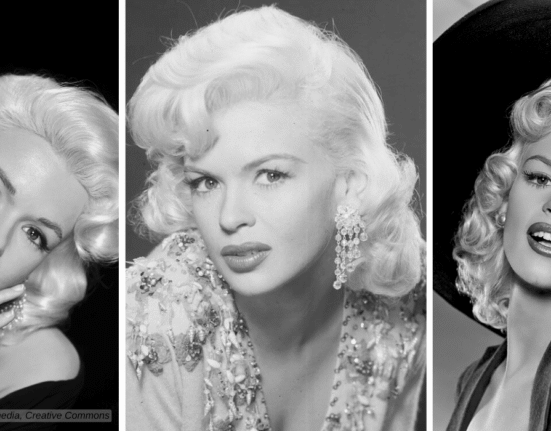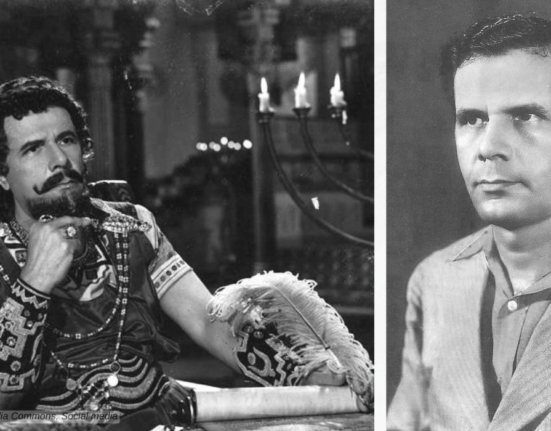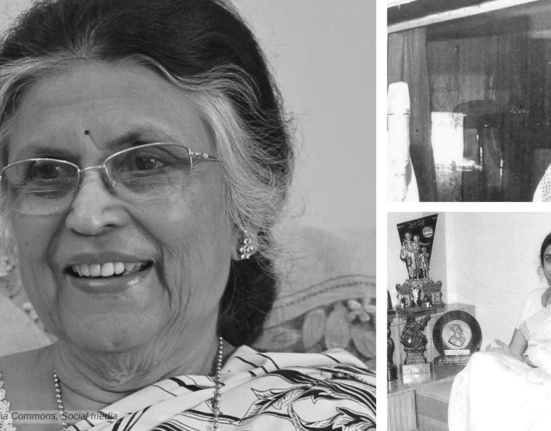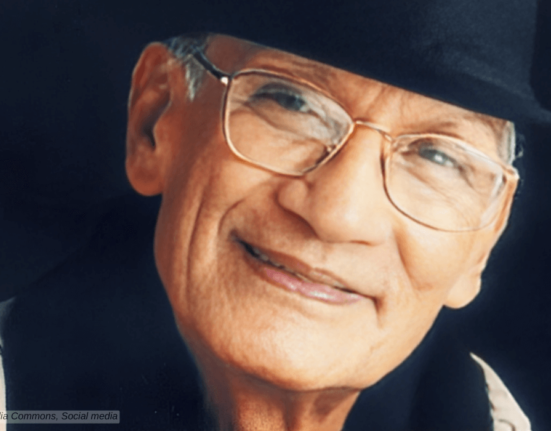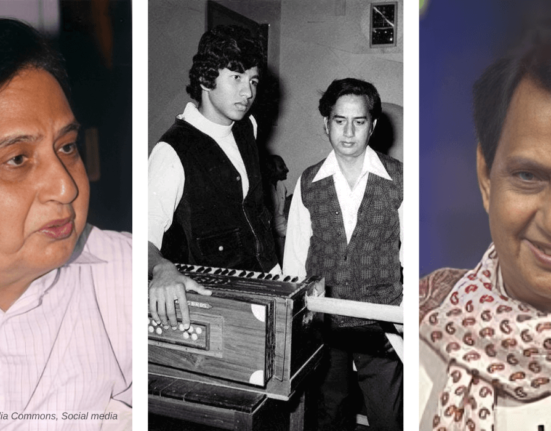She is the national treasure and a world heritage; KS Chithra is undoubtedly one of the greatest singers ever to exist. In her career of over 4 decades, she has sung thousands of songs in almost every Indian language, as well as foreign languages such as Malay, Latin, Arabic, Sinhalese, English, and French. She was
Krishnan Nair Shantakumari Chithra, fondly known as KS Chithra, was born on July 27, 1963, in Thiruvananthapuram, Kerala. Chithra’s musical journey began under the tutelage of her father, Krishnan Nair, a passionate music enthusiast and her mother, Shanthakumari, a music teacher. She was also trained in Carnatic music under K. Omanakutty for seven years. Her family’s support and her innate talent propelled her into a career that has spanned over four decades, earning her the title of “Golden Voice of India” by the prestigious Royal Albert Hall, London, in 2001.
when an unknown printer took a galley of type and scrambled it to make a type area specimen book It has survived not only five centuries.but also the leap introduce electronic typesetting, remaining essentially unchanged.
Willum Skeener
Chithra attended Cotton Hill Government Girls High School in Thiruvananthapuram before getting his B.A. in music from the University of Kerala. In 1978, she was awarded the National Talent Search Scholarship by the Government of India.
K. S. Chithra began her Malayalam playback singing career in 1979, introduced by M. G. Radhakrishnan, recording for films and private albums. Her early films included Attahasam, Snehapoorvam Meera, and Njan Ekananu. She also performed live concerts with K. J. Yesudas in India and abroad.
Chithra’s foray into Tamil songs began in the early 1980s, and she quickly became a sought-after singer for film soundtracks. Her melodious voice and ability to imbue emotion into her renditions made her a favourite among composers and music directors.
Chithra’s first Telugu song was “Paadalenu Pallavaina” from the dubbed version of the Tamil film Sindhu Bhairavi (1985), composed by Ilaiyaraaja. Her first full Telugu song was “Gelupu Maade” from Vijrumbhana (1986), composed by K. Chakravarthy.

The song “Manjal Prasadavum” from the film Nakhakshathangal (1986), composed by Bombay Ravi, earned K. S. Chithra her second National Film Award for Best Female Playback Singer. She won her third National Film Award for “Indupushpam Choodi Nilkum” from the film Vaishali (1989), also composed by Bombay Ravi. Her first Kerala State Film Award for Best Singer was for the song “Poomaname” from Nirakkoottu (1985), composed by Shyam.
Since then, Chithra has gained wide recognition, singing popular songs for various composers, including Raveendran, Shyam, S. P. Venkitesh, Mohan Sithara, Salil Chowdhury, Kannur Rajan, Ilaiyaraaja, Johnson, Ouseppachan, M. K. Arjunan, A. T. Ummer, Berny Ignatius, M. B. Sreenivasan, Vidyasagar, Ramesh Narayan, Sharreth, M. Jayachandran, and Deepak Dev. Known as the “Nightingale of Kerala (Vanambadi),” she has recorded many successful songs in Malayalam. She also recorded numerous songs for the composer S. P. Venkitesh, with whom she performed many duets.
Some of her notable songs in Malayalam include Poothiruvathira Thingal Thulikkunna, Mohana Ragatharangam, Manveenayil Mazha Sruthiyunarthi, Aavanithan Pookalathil, Sharadendu Neythu Neythu, Meenakodi Kaatte, Injerungo Injerungo, Thrilokam Thilangum, Thumpayum Thulasiyum, Aalorungi Arangorungi, Karutha Penne, Jeevithagaadhakale, Ormakkai Iniyoru, and Katte Nee, among others.
In Telugu, she gained initial recognition for songs like “Ninnukori Varnam” from Gharshana (1988) and “Jallanta Kavvinta” from Geethanjali (1989) under the music direction of Ilaiyaraja. The collaboration between KS Chithra and Ilaiyaraja is one of the most celebrated partnerships in Indian music history. Together, they have created magic that has stood the test of time, enchanting music lovers across generations.
Their collaboration has not only been limited to Tamil cinema but has also spanned across other South Indian languages, including Telugu, Malayalam, and Kannada, where they have delivered hit after hit, solidifying their status as a dynamic duo in the industry.
Some of their notable songs include “Kuzhaloodhum Kannanukku (Mella Thirandhathu Kadhavu) and “Ninnukori Varanam (Agni Natchathiram).” “Indha Maan (Karakattakkaran),” “Oru Jeevan (Geethanjali),” “Unn Manasile Paattuthaan (Paandi Nattu Thangam),” “Un Paarvayil (Amman Kovil Kizhakale),” “Vaa Vaa Vanji (Guru Sishyan),” “Kuyile Kuyile (En Bommukutty Ammavukku),” “Muthamizh Kaviyae (Dharmathin Thalaivan),” “Singalathu Chinnakuyile (Punnagai Mannan),” “Kaala Kaalamaaga Vaazhum (Punnagai Mannan),” “Vaa Vaa Anbe Anbe (Agni Natchathiram),” “Kuyile Kuyile Poonguyile (Aan Paavam),” “Oh Priya Priya (Idhayathai Thirudathe),” “Oru Kiliyin (Poovizhi Vasalile),” “Kudagu Malai (Karakattakkaran),” “Anbe Nee Enna (Pandian),” Neela Kuyile Solai Kuyile (Soora Samhaaram),” and many more.
One of KS Chithra’s other significant collaborations is with A. R. Rahman. Their first notable work together was for the 1992 film “Roja,” where Chithra’s voice brought Rahman’s compositions to life, creating an evergreen classic in “Rukkumani Rukkumani.”.
Their work continued to flourish with songs like “Kannalane/Kehna Hi Kya” from “Bombay,” which not only captivated Indian audiences but also found a place in The Guardian’s “1000 Songs Everyone Must Hear Before You Die” list.” The duo’s collaboration extends beyond film soundtracks to live performances, where the chemistry between Rahman’s orchestration and Chithra’s vocals is palpable.
Some of her notable songs with Rahman include “Yengae Yenathu Kavithai (Kandukondain Kandukondain),” “Neelimabbu Kondallona (Palnati Pourusham), “Anjali Anjali (Duet),” “En Mel Vizhunda (May Maadham),” “Thenmerku Paruva Kaatru (Karuththamma),” “Tholi Tholi (Indira),” “Kuluvalilae (Muthu),” “Malargaley (Love Birdss)” “Mana Madurai (Minsara Kanavu),” “Leela Mruduleela (Premante Pranamista),” “Veerapandi Kotayyile (Thiruda Thiruda),” Enge Eanathu (Vairamuthu),” “Malargal Kaettaen (OK Kanmani),” “Onnu Rendu Moonuda (Puthiya Mannargal),” and many more.
In Hindi, Chithra came into prominence with the 1991 film “Love,” which has songs like “My Love Meri Priyatama,” “We Are Made For Each Other,” and fan favourite “Saathiya Tune Kya Kiya.”
She then sang the songs like “Hawa Mein Kya Ha (Jaagruti),” “Yeh Hasin Vaadiyan Yeh Khula Aasman (Roja),”Pyar Kabhi Naa Todenge” (Chor Chor), Tere Liye Jaanam Tere Liye (Suhaag),” “Roop Suhana Lagta Hai (The Gentleman),” “Yaaron Sun Lo Zara (Rangeela),” “Chup Tum Raho Chup Hum Rahen (Is Raat Ki Subah Nahin),” “Jahan Piya Wahan Main (Pardes),” “Ek Bagiya Mein (Sapne),” “Paayalen Chhunmun Chhunmun (Viraasat),” Hum Bhool Gaye (Aks),” Raat Ka Nasha (Asoka),” “Pyaar Tune Kya Kiya (Pyaar Tune Kya Kiya),” “Tum Bin Jiya Jaye Kaise (Yum Bin),” “Koi Mil Gaya (Koi Mil Gaya),” “Raat Hamari Toh (Parineeta),” “Rang De Basanti (Rang De Basanti),” and many more.


Chithra’s voice has been an integral part of the Indian music industry, recording over 25,000 songs in various Indian languages, as well as in foreign languages such as Malay, Latin, Arabic, Sinhalese, English, and French. Her versatility and ability to imbue emotion into her renditions have made her a favourite among music directors and fans alike.
Her accolades are a testament to her talent, with six National Film Awards, nine Filmfare Awards South, and numerous state film awards from across India. In 2021, she was honoured with India’s third-highest civilian award, the Padma Bhushan, for her contributions to the Indian musical fraternity.
Chithra’s impact on the music industry is not just limited to her singing prowess. She has been a trailblazer, becoming the first Indian woman to be honoured by the British Parliament at the House of Commons in 2003, and again in 2024, she was recognised as “The Greatest Indian Singer of All Times” by the British Parliament.
Chithra is married to Vijayashankar, an engineer and businessman. They had a daughter born with Down syndrome who tragically drowned in a pool in Dubai in 2011, just before Chithra was set to perform at an A. R. Rahman concert.
As we celebrate her life and works, we are reminded of the power of music to transcend boundaries and touch hearts. KS Chithra’s legacy is one of passion, dedication, and unyielding love for music that will continue to inspire generations to come.





